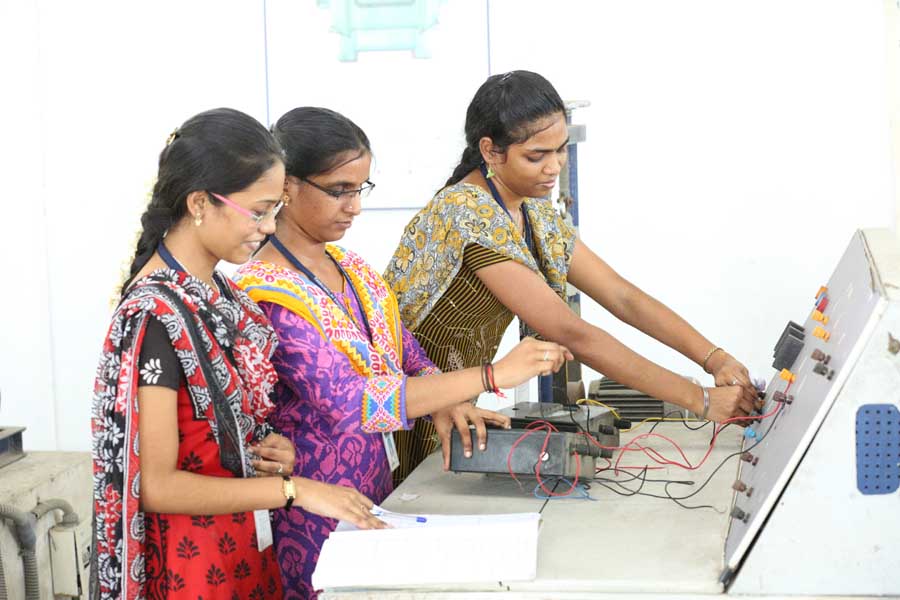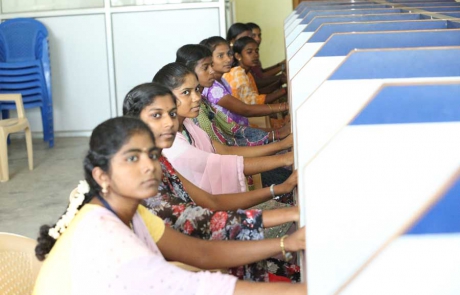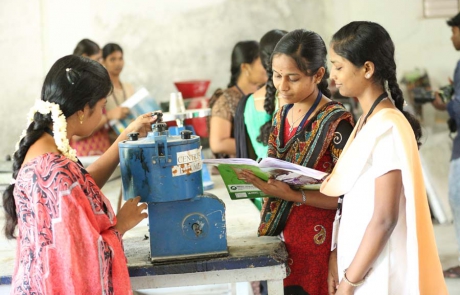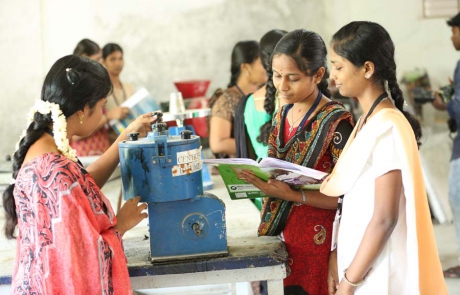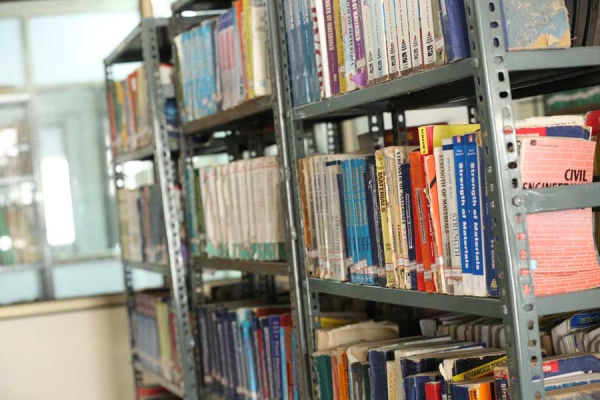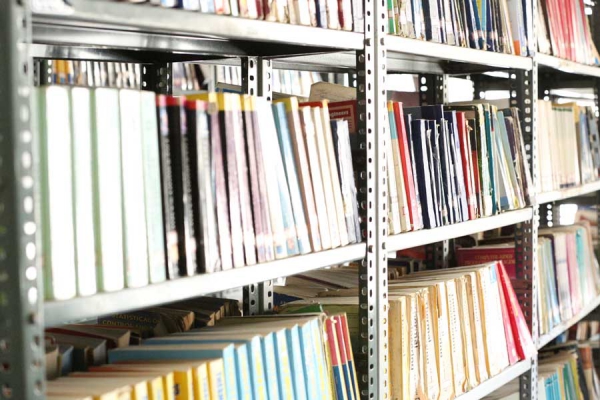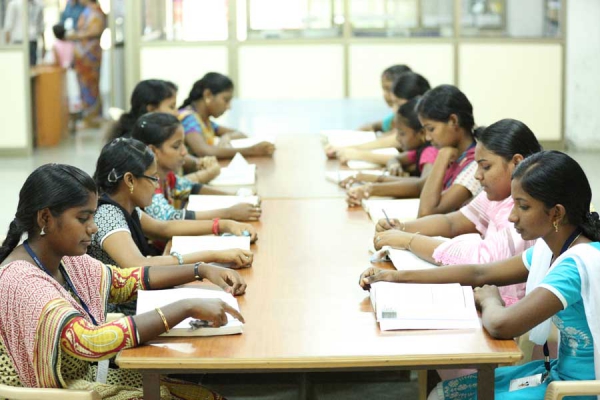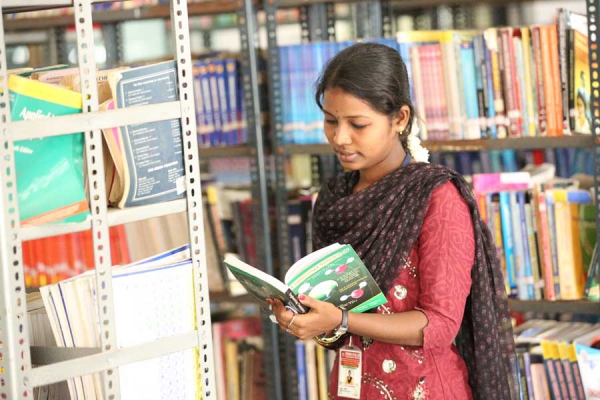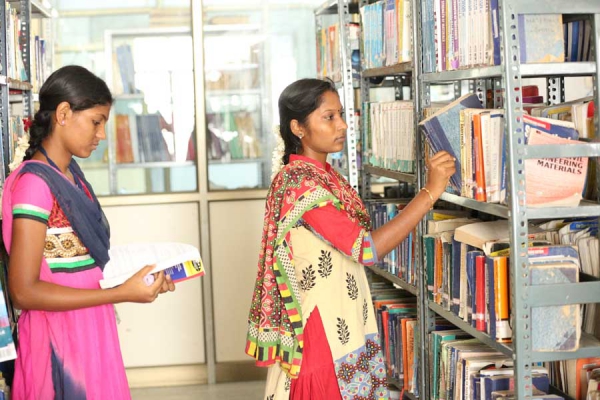Electronics & Communication Engineering
- Home
- Course Overview
Duration
4 Years (8 Semesters)
Accreditation
AICTE Approved
Intake
120 Students
- Department of Electronics and Communication Engineering
The Department of Electronics and Communication Engineering (ECE) was started in 2005. This field of engineering is growing fast, with new inventions and ideas coming up every day. From mobile phones to space satellites, electronics is everywhere. As technology becomes a bigger part of our daily life, the demand for electronics engineers keeps increasing.
In 2014, the department also started a post-graduate course – M.E. in VLSI Design – with 24 seats every year.
The department has a mix of young and experienced faculty members. Many of them hold Ph.D. degrees and have good experience in teaching, research, and industry. Their areas of expertise include Electronics, VLSI Design, Communication Systems, Wireless and Mobile Communication, and Medical Electronics.
ECE students receive both strong theory knowledge and practical skills. The department has modern, well-equipped labs where students can work on real-time projects. Innovative teaching methods, regular assignments, and hands-on training help students understand the concepts better.
With full support from the faculty, students are introduced to the latest technologies and real-world industry needs. They are also encouraged to work on mini projects and use advanced tools to build their practical skills.
- Library
Library
- The Department Library occupies a unique place in the academic and research activities of the Department. It is perhaps the most important central facility provided by the Institute. The Library maintains an excellent collection of data books, occasional papers, and other documents/materials. The Library has a well-equipped facility for reading to meet the informational needs and intellectual pursuit of the Department. In consultation with the head of the department, will design and co-ordinate the rules, regulations, and functioning of the department library.
Number of Books
- Department Books - 526
- Complementary copy’s - 41
Programming Lab – III
Configuration:
- Total Number of Project reports - 600
- Mini Projects - 149
- Number of CDs - 265
- Number of Journals - 15
- Gate Material - 08
- Question Bank - 02
- Mile Stones
- Mile Stones - 1
- Mile Stones -2
Contact Our Department
- thirumalaiengg1999@yahoo.co.in
- tecau1517@gmail.com
- +91 94443 31523
-
Thirumalai Engineering College
Krishnapuram Post, Kilambi,
Kancheepuram – 631 551,
Tamil Nadu,India .
Send Us A Message
- Career Opportunities
Electronics Design Engineer
Circuit design PCB design tools (like OrCAD, Altium) Analog & digital electronics Problem-solving
Communication Engineer
Networking basics Signal processing Wireless communication MATLAB, Simulink
Embedded Systems Engineer
C/C++ programming Microcontrollers (Arduino, ARM) Real-Time Operating Systems (RTOS) Debugging tools
VLSI Design Engineer
VHDL/Verilog Digital logic design FPGA tools (Xilinx, Cadence) Semiconductor basics



